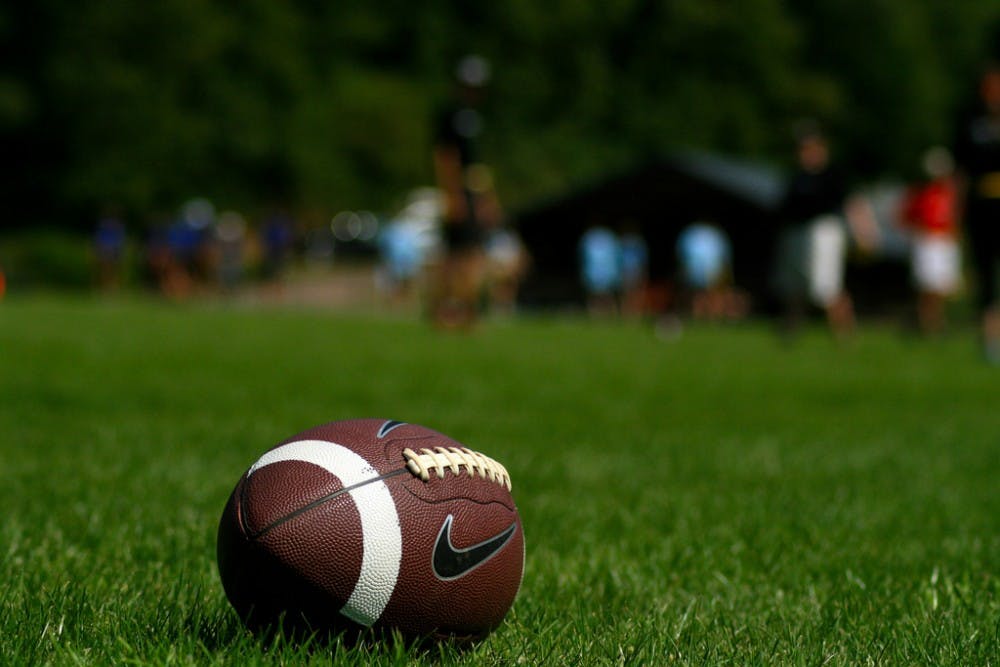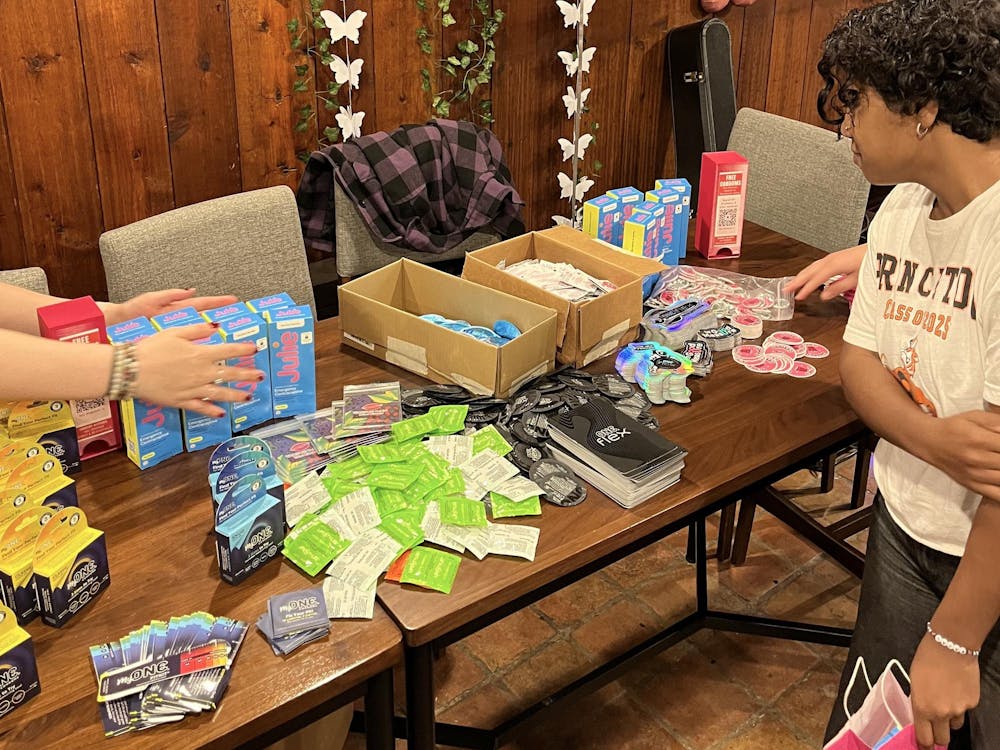A 2016 rule change in the Ivy League led to a significant reduction in concussions in conference football games, a study published Monday in the Journal of the American Medical Association concluded.
“We are proud to see results from our study published in such an esteemed journal as JAMA, and even more gratified to know that policies we put in place have directly led to a decrease in concussions,” said Robin Harris, Ivy League Council of Presidents executive director and coauthor of the study, in a statement Monday.
The article investigated the impact of a new policy instituted in Ivy League conference games beginning in 2016 to limit the number of kickoff returns. Kickoffs are widely considered the most dangerous play in football. In 2015, kickoffs accounted for 6 percent of plays but 21 percent of concussions. The 2016 policy change sought to increase touchbacks, in which the kickoff returner doesn’t take the ball out of the endzone, by moving the kickoff line to the 40-yard line from the 35 and the touchback line to the 20 from the 25.
The authors of the study found that the policy change, which only impacted Ivy League conference games, seems to have accomplished its goal. 48 percent of kickoffs resulted in touchbacks after the rule change, compared to 17.9 percent before. Meanwhile, the mean annual concussion rate on kickoffs dropped to 2.04 concussions per 1000 kickoff plays in 2016–17 from 10.93 per 1000 kickoff plays in 2013–15. In total, three concussions occurred on kickoff plays in 2016–17, compared to 26 in 2013–15. The researchers found that the concussion rate for non-kickoff plays declined as well, from 2.56 per 1000 plays in the 2013–15 period to 1.18 per 1000 plays in the 2016–17 period.
“The research that the Ivy League is participating in to evaluate the mechanism and natural history of concussion in all sports is critically important,” said Dr. Margot Putukian, director of athletic medicine at Princeton University Health Services and coauthor of the study, in a statement. “I am thrilled that this research demonstrates that a rule change can make a meaningful difference in the health and safety of student-athletes.”
Significant controversy has emerged in recent years regarding the links between football, head trauma, and negative health outcomes later in life. A 2017 study, also published in JAMA, found evidence of chronic traumatic encephalopathy, a neurodegenerative disease thought to be caused by repeated head trauma, in the brains of 110 of 111 former National Football League players and 48 of 53 former college players. Some have argued, however, that the study suffers from selection bias.
Motivated by this research, the Ivy League has pursued several policies to limit brain injuries. In addition to the kickoff rule, the eight Ivy League head coaches voted unanimously in 2016 to ban full-contact hitting during regular season practices.
The NCAA also moved to limit kickoff returns with a rule change prior to the 2018 season, allowing the returner to call for a fair catch inside the 25-yard line and receive an automatic touchback. The Ivy League has also adopted this rule for the 2018 season.
While the debate regarding head trauma in football will continue, the Ivy League seems to have made progress through policy changes intended to limit concussions.










